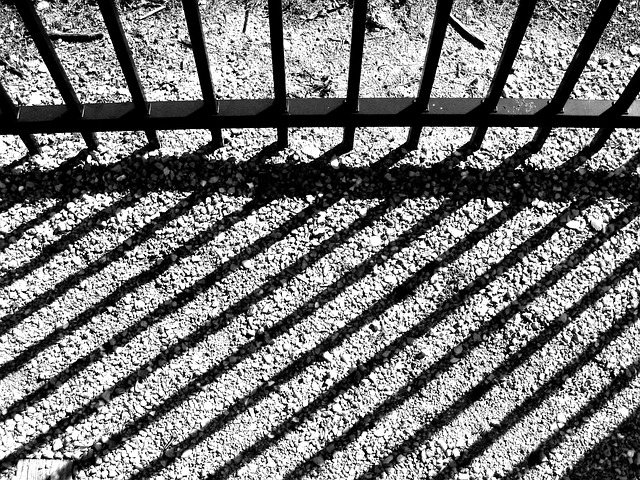Homeownership offers robust asset protection through structural reinforcement, security systems, and emotional stability, contrasting with the transience of renting. Modern cars' advanced safety features like automatic emergency braking and lane-keeping assist not only enhance driving but also deter accidents, reducing potential damage and depreciation. Strict DUI laws carry significant penalties impacting home ownership; individuals facing or at risk of DUI charges should prioritize responsible driving, maintain a clean record, and explore legal avenues to protect assets.
“Home ownership, beyond being a roof over your head, serves as a powerful asset protection strategy. This article explores how this cornerstone of financial stability can be fortified through strategic measures. We delve into the significance of understanding homeownership’s role in safeguarding your wealth, examining key aspects like vehicle safety features—a crucial extension of your protective measures off the property. Additionally, we analyze the intricate relationship between DUI laws and their potential implications for home ownership, offering insights to empower informed decisions.”
- Understanding Home Ownership as an Asset Protection Strategy
- Vehicle Safety Features: Protecting Your Investment on the Road
- DUI Laws and Their Impact on Home Ownership Asset Protection
Understanding Home Ownership as an Asset Protection Strategy

Home ownership is often viewed as a significant asset protection strategy, providing individuals with a secure base and potential financial stability. In terms of vehicle safety features, owning a home offers a level of control and customization that renting doesn’t. Just as advanced airbag systems and anti-lock braking mechanisms enhance vehicle safety, reinforcing structural elements and installing security systems can fortify a home against potential risks. This is particularly relevant when considering the DUI law implications; a secure home environment reduces the likelihood of unauthorized access, potentially lowering the risk of property damage or theft that could result from impaired judgment.
Furthermore, the emotional attachment to one’s home and community fosters a sense of permanence, encouraging responsible behavior and long-term planning. Unlike a vehicle that may be subject to frequent changes due to ownership transitions, a home serves as a stable investment, allowing for the accumulation of equity over time. This stability can provide a buffer against unforeseen circumstances, such as economic downturns or personal crises, making it an essential component in asset protection strategies, especially when compared to more transient forms of accommodation like renting.
Vehicle Safety Features: Protecting Your Investment on the Road

Investing in a home is a significant step, and protecting it is paramount. This includes safeguarding your asset while on the road. Modern vehicles are packed with advanced safety features designed to prevent accidents and mitigate their impact. From automatic emergency braking to lane-keeping assist, these technologies not only enhance your driving experience but also serve as a powerful deterrent against costly damage to your vehicle—and by extension, a buffer against potential depreciation of your home investment.
DUI laws, which vary across regions, underscore the importance of these safety features. Driving under the influence impairs judgment and slows reaction times, making accidents more likely. With robust vehicle safety features, you not only comply with DUI regulations but also demonstrate responsible driving habits that can protect both your life and your property—including your valuable home investment.
DUI Laws and Their Impact on Home Ownership Asset Protection

In many jurisdictions, DUI (Driving Under the Influence) laws are stringent and designed to promote vehicle safety features and responsible driving. These laws not only impose severe penalties on offenders but also have implications for asset protection, particularly home ownership. The financial consequences of a DUI conviction can be significant, often including substantial fines and legal fees, which can strain an individual’s financial resources.
As such, those at risk of or facing DUI charges should consider how these legal outcomes might affect their ability to maintain and protect their assets, like their homes. Efficient asset protection strategies may involve proactive measures, such as ensuring compliance with local DUI laws, maintaining a clean driving record, and exploring legal avenues to mitigate potential financial burdens that could impact home ownership.
Home ownership, as a strategic asset protection measure, is significantly enhanced by implementing safety features in your vehicle and adhering to responsible drinking habits. While DUI laws vary across jurisdictions, understanding their implications on homeownership asset protection is crucial. By prioritizing vehicle safety and respecting alcohol laws, homeowners can safeguard their most valuable possessions, ensuring peace of mind and financial security for years to come.






